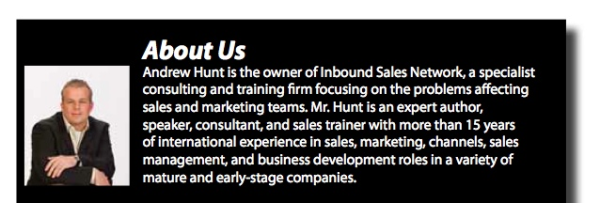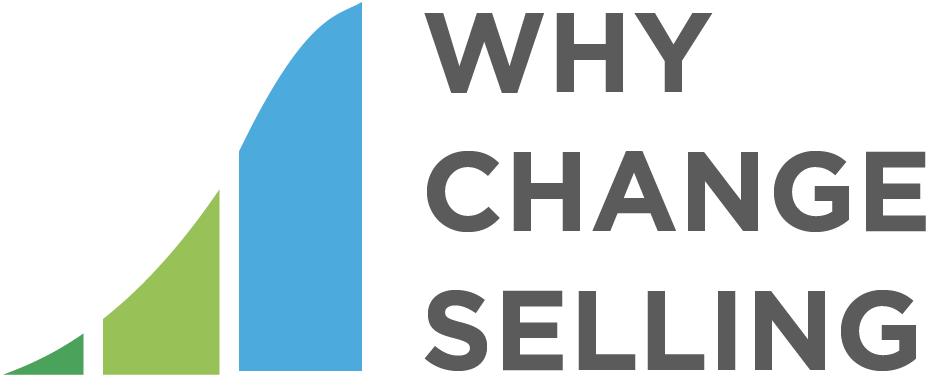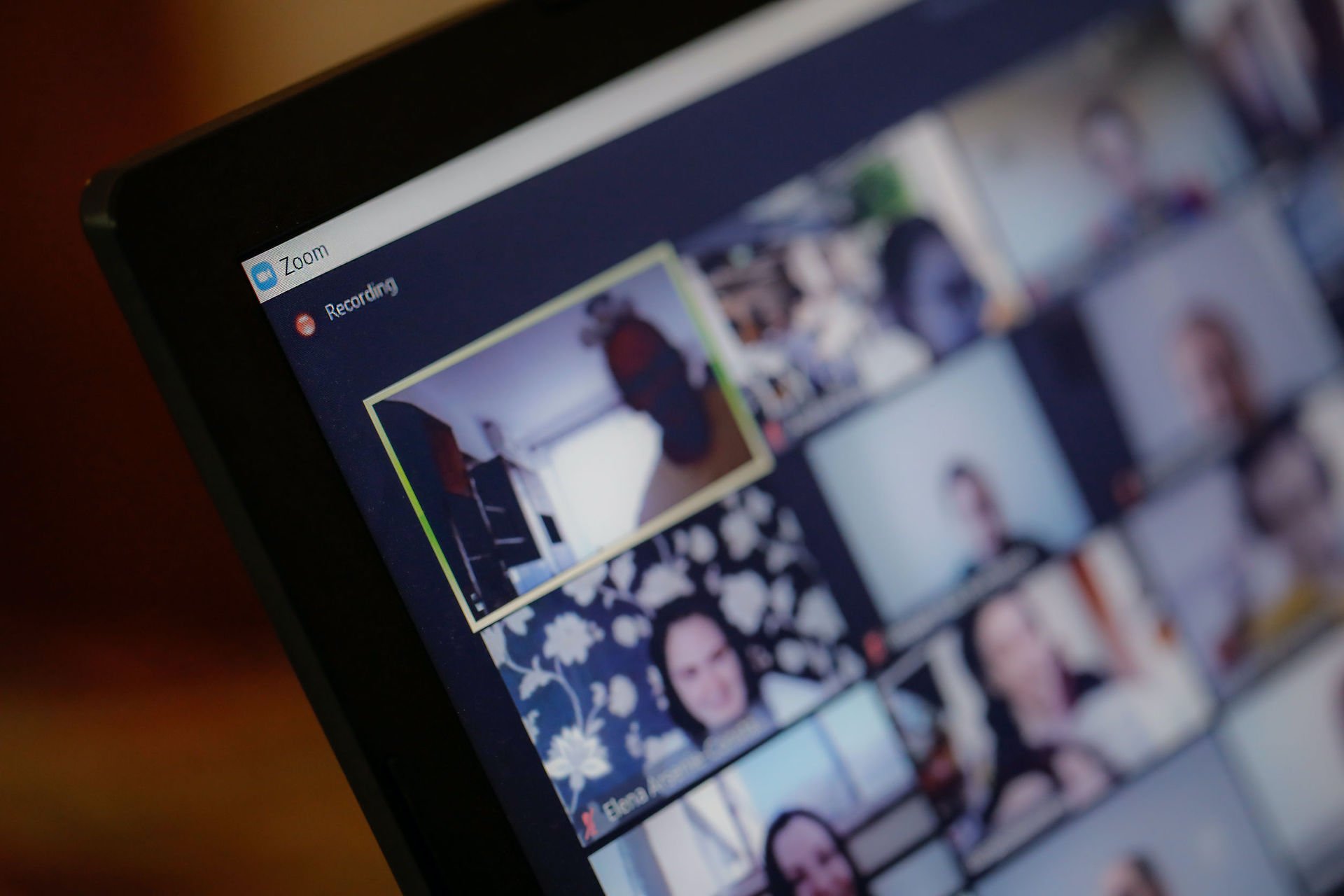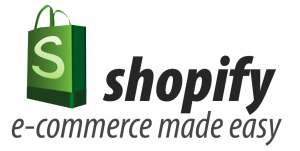Plagiarism is defined in dictionaries as "the wrongful appropriation, close imitation, or purloining and publication, of another author's language, thoughts, ideas, or expressions, and the representation of them as one's own original work." (source Wikipedia)
1913 Copying Machine: Image courtesy OfficeMuseum.com

Plagiarism is a thriving practice on the Internet and offers an easy route to market for the lazy, the impatient and less than ethical marketer.
I don't know about your Website content, blogging practices or your writing habits, but it takes me a while to write copy for pages on my site and to write a bog, because the ideas tend to be original; typically it takes several hours to research and write a 600-800 word blog. If I see an idea that I like on someone else's blog, I will give them a link and potentially write a blog linking and referencing their material. Similarly with images, I either licence them or give attribution if they are under creative commons license.
It took me and my collaborator Bob Langer many weeks to write, edit and publish my white-paper Converting Inbound Lead Generation to Better Sales Performance which I had professionally edited by Stephanie Tilton at TenTon Marketing. In fact the whitepaper got so big, I had to split it into two parts, with the first part downloadable freely and the second part, the Guide to Better Sales Performance requiring completion of a simple form to download...the idea being that anyone who took the time to read the first part would know you had worthy ideas and would have developed sufficient trust to sign up for part 2...thanks for that idea go to David Meerman Scott.
Since I posted my whitepapers in September last year, the part 2 paper has been downloaded 114 times. I have endeavored to contact each person to get feedback on its value and engage in a dialogue by email and to connect on LinkedIn with anyone who downloaded my white papers, but in reality this has been very difficult, as even when people do provide their contact information, it's hard to catch them on their phone and to get email through SPAM filters.
It was while going back over the list of people who downloaded my whitepaper and tracking the moves of certain individuals using LinkedIn that I arrived at the site of one of my downloaders.
Imagine my surprise when I noticed a lot of my messaging all over their site and the availability of an EBook on sales and marketing alignment, a subject I have been studying and practicing for the past 6 years.
I downloaded their Ebook and was not surprised to see large chunks of my material presented verbatim in the EBook....but was astonished to see a verbatim copy of my bio with only one word and the duration changed. I'm not going to give the plagiarist the benefit of a mention or a link, but have excerpted my bio. from my own whitepaper and an image of theirs to illustrate the point.
Mark Gibson is the owner of Advanced Marketing Concepts Ltd., a specialist consulting and training firm focusing on the problems affecting sales and marketing teams. Mr. Gibson is an author, speaker, consultant, and sales trainer with more than 25 years of international experience in sales, marketing, channels, sales management, and business development roles in a variety of mature and early-stage companies...

What to do if you think/know someone is copying your material:
- Use Google to search for posts with chunks of your blog/copy in quotations
- Read what Copyscape suggests to prevent plagiarism
- Call them on it and shame them.
- Consider Copyscape suggestions below for immediate removal of copied material.
- Look for contact details on the offending site and send a polite message asking for the material to be removed. If there are no contact details available, try emailing
webmaster@the domain. - Use a Whois service to find out the website owner's name and telephone number and contact them directly. Enter the domain name in the search box and the contact information should appear towards the bottom of the page.
- Contact the web hosting company used by the site and inform them of their customer's abuse. This information is also available through a Whois search.
- Send a formal 'Cease and Desist' letter notifying the offending party that they must remove the stolen content from their site. Some sample letters are available on the web.
- File a notice of Digital Millenium Copyright Act (DMCA) infringement with search engines such as Google and others to have the offending site removed from their search results.
- If you need proof of infringement, you can use the Internet Archive to show that the content appeared on your site at an earlier date than it appeared on the offending site.
- Look for contact details on the offending site and send a polite message asking for the material to be removed. If there are no contact details available, try emailing




